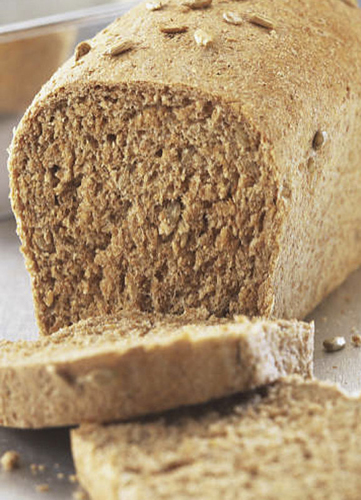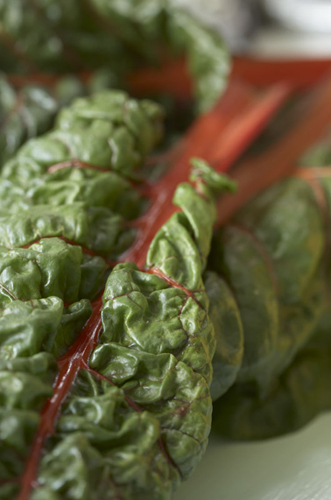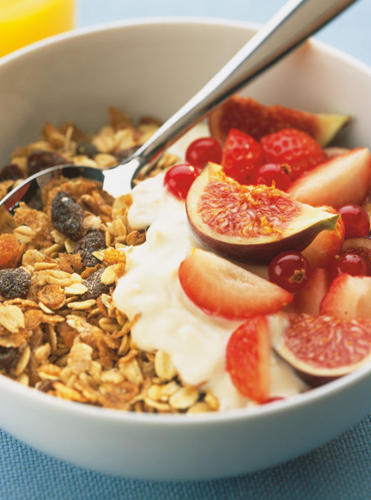By now you’ll be aware that what you eat is very
important during pregnancy. A healthy diet not only helps ensure that
your baby gets all the nutrients he needs for optimum growth and
development, but it also minimizes the risk of pregnancy complications,
and provides you with plenty of energy. Your healthy pregnancy diet
should include:
Whole grains,
such as whole-wheat bread and pasta, brown rice, legumes, and grains
(such as barley, oats, and quinoa), to provide a sustained source of
energy, plenty of fiber, and essential B vitamins Good sources of calcium,
to ensure the healthy development of your baby’s bones and teeth—you’ll
find calcium in dairy products, soybean products, leafy green
vegetables, and some fish Folic acid, for your baby’s nervous system; look for it in dark green vegetables, nuts, and whole grains Protein,
which is necessary for the development of every new cell in your baby’s
body—good-quality protein is found in legumes, whole grains, nuts,
soybeans, dairy, eggs, lean meats, poultry, and fish Vitamin C,
which not only helps your body to fight infection and maximizes the
absorption of iron, but is also essential for the growth of a strong
placenta—fresh fruit and vegetables provide plenty of iron Iron-rich foods,
which help to prevent anemia, and ensure that your baby builds up
adequate iron stores; try lean red meats, leafy green vegetables, fish,
dried fruits, beets, wholegrain bread, and iron-fortified cereals Fiber, to ensure that nutrients are efficiently absorbed, and your bowel movements are regular—whole grains should give you plenty Essential fatty acids,
which are necessary for your baby’s development, particularly his
nervous system, brain, and vision—good sources include eggs, nuts,
seeds, and cold-water oily fish (such as salmon and mackerel) Fresh water, to keep you and your baby well hydrated



Foods to avoid during pregnancy
Liver and cod liver oil—these can provide too much of the animal form of vitamin A, which is linked to birth defects Meat pâtés, which can contain food-borne illnesses Unpasteurized soft or blue cheese, such as Camembert, goat’s cheese, Brie, and Stilton—these can contain listeria Raw or partially cooked eggs, as these can contain salmonella Raw or undercooked meat, fish, and poultry—these can contain salmonella or Toxoplasma gondii, which can cause toxoplasmosis Ready-to-eat salads in bags (without thoroughly washing) because of the risk of listeria Shark, swordfish, king mackerel, and tilefish, which contain high levels of mercury; limit other fish and shellfish to two servings a week
|